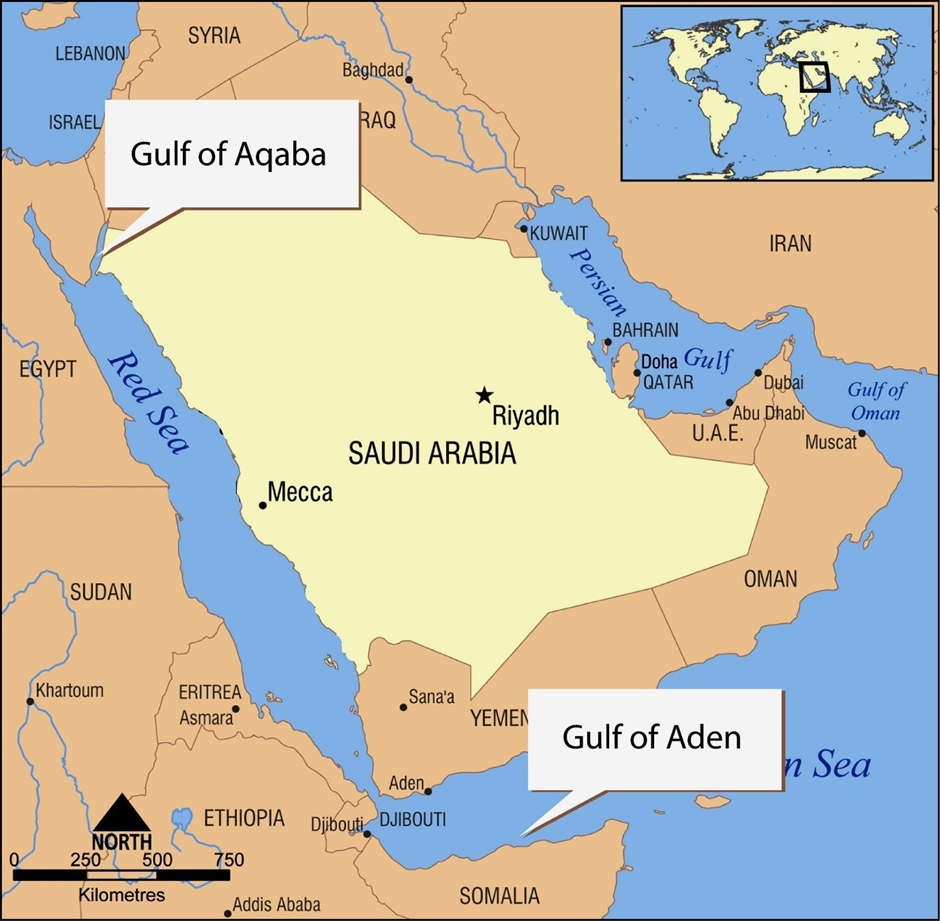Article 39(B) Of The Constitution and private Properties
Article
39(B) Of The Constitution and private Properties
In
Context:
§ Recently,
the Supreme Court (SC) of India has begun hearing on legal questions arising
from various petitions about whether the government can acquire and
redistribute privately owned properties.
§ The
question raised before the Court is whether private properties can be
considered "material resources of the community" under Article 39 (b)
of the Constitution, which is part of the Directive Principles of State Policy
(DPSP).
Legal
View on Private Property and its Distribution:
Constitutional
View:
Articles
19(1)(f) and Article 31: This article guaranteed
the property as a fundamental right.
However,
the 44th Amendment Act of 1978 removed this right from the list of fundamental rights
and placed it under Article 300A as a constitutional right.
Article
300A: This article declares that no person
shall be deprived of his property save by
authority
of law.
9th
Schedule: It lists specific laws that cannot be
challenged in courts on the grounds that they
violate
fundamental rights, including the (once) Fundamental Right to Property. Laws
included
in
this Schedule like Land reforms (abolition of zamindari system).
Article
39: It lists certain Directive Principles of
State Policy (under Part IV of the Constitution), which are meant to be guiding
principles for the enactment of laws, but are not directly enforceable in any
court of law. Article 39(b) places an obligation on the state to create policy
towards securing “the ownership and control of the material resources of the community
are so distributed as best to subserve the common good”. Article 39(c) ensures that
wealth and the means of production are not “concentrated” to the “common
detriment”.
Article
31C: Article 31C saves the laws giving effect
to certain directive principles. As per Article 31C, these particular directive
principles (Articles 39(b) and 39(c)) cannot be challenged by invoking the
right to equality (Article 14) or the rights under Article 19 (freedom of
speech, right to assemble peacefully, etc).In the Kesavananda Bharati case,
1973, the Court upheld the validity of Article 31C but made it subject to
judicial review.



Comments
Post a Comment